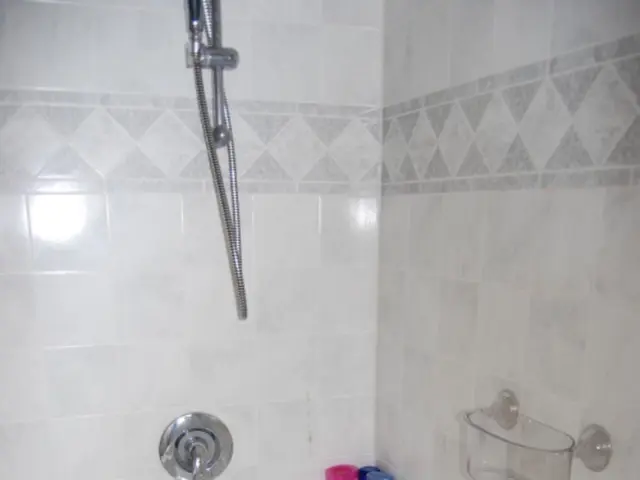New York overlooked approximately half a billion dollars in potential savings by failing to transition seniors to Medicare
In a missed opportunity for significant savings, New York State has failed to enroll eligible seniors in Medicare, resulting in an estimated loss of approximately $485 million from 2016 to 2025.
The state's Medicaid eligibility system, designed to automatically switch seniors to Medicare once they turn 65, was paused in 2020 due to the pandemic. When the automatic switch resumed in 2023, county social services departments and the New York State of Health marketplace faced challenges that impeded full implementation.
As a result, out of 13,318 seniors flagged as Medicare-eligible in 2023, only 2,648 had been moved to Medicare by 2025. The state missed out on an average of $50 million in savings per year, a substantial figure despite being a smaller fraction compared to the overall $109.6 billion Medicaid allocation for 2025-2026.
The potential savings were significant because Medicare coverage is federally funded, whereas Medicaid costs are paid by the state. Shifting eligible seniors from Medicaid to Medicare would have transferred much of the financial responsibility from the state budget to the federal government, generating significant state savings.
The state Department of Health (DOH) partially implemented the comptroller's recommendations regarding Medicare enrollment. Districts outside of New York City resumed the practice in 2023, and New York City did the same in 2025. However, the DOH did not fully implement a recommendation to provide clear guidance to county social services offices to help eligible seniors enroll in Medicare.
Moreover, an audit conducted by the state comptroller's office in 2021 found that the DOH did not follow a recommendation to identify and implement procedures to make sure that correct information is collected and eligible patients are asked to enroll in Medicare. The office will continue to monitor the progress of DOH in enrolling eligible seniors in Medicare.
In a sample of 111 eligible but not enrolled Medicare recipients, 76% were not asked to enroll in Medicare due to local social services departments lacking the necessary records. This underscores the need for improved communication and coordination between different departments to ensure that eligible seniors are enrolled in Medicare and not left on state-funded Medicaid plans.
With reductions expected in federal funding for Medicaid and Medicare, these lost savings are increasingly critical. The state's health care budget is facing cuts, and every penny counts in the state budget. The failure to properly transfer coverage has significant implications for the state's financial future.
[1] Source: State Comptroller's office audit on Medicaid enrollment levels among seniors eligible for Medicare, 2021.
- The state Department of Health (DOH) could have potentially saved approximately $50 million per year, and $485 million in total from 2016 to 2025, by ensuring eligible seniors were enrolled in Medicare instead of Medicaid, as Medicare coverage is federally funded.
- The failure to enroll eligible seniors in Medicare and the subsequent reliance on Medicaid has significant implications for the state's financial future, especially considering the expected reductions in federal funding for both Medicaid and Medicare.
- Improved communication and coordination between different departments, such as county social services offices and health departments, is crucial to ensure that eligible seniors are enrolled in Medicare, thereby leveraging federal resources for health-and-wellness, finance, and business sectors.




